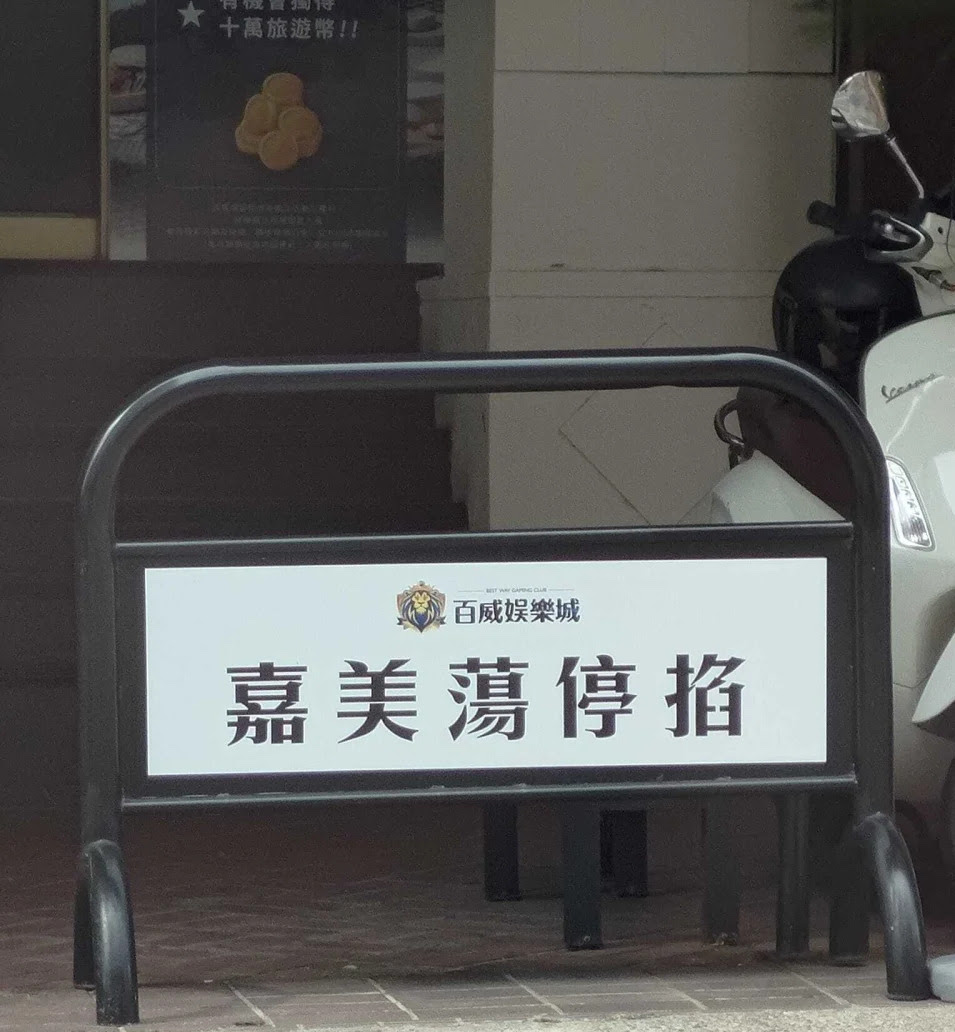Modals, idiolects, garden-path sentences, and English translations of a ninth-century Chinese poem
Here I present a digest of four scientific linguistics papers from the latter part of the month of January, 2024 to show that our field is very much alive in diverse subfields at the beginning of the new year.
"The Semantics, Sociolinguistics, and Origins of Double Modals in American English: New Insights from Social Media." Morin, Cameron et al. PLOS ONE 19, no. 1 (January 24, 2024): e0295799.
Abstract: In this paper, we analyze double modal use in American English based on a multi-billion-word corpus of geolocated posts from the social media platform Twitter. We identify and map 76 distinct double modals totaling 5,349 examples, many more types and tokens of double modals than have ever been observed. These descriptive results show that double modal structure and use in American English is far more complex than has generally been assumed. We then consider the relevance of these results to three current theoretical debates. First, we demonstrate that although there are various semantic tendencies in the types of modals that most often combine, there are no absolute constraints on double modal formation in American English. Most surprisingly, our results suggest that double modals are used productively across the US. Second, we argue that there is considerable dialect variation in double modal use in the southern US, with double modals generally being most strongly associated with African American Language, especially in the Deep South. This result challenges previous sociolinguistic research, which has often highlighted double modal use in White Southern English, especially in Appalachia. Third, we consider how these results can help us better understand the origins of double modals in America English: although it has generally been assumed that double modals were introduced by Scots-Irish settlers, we believe our results are more consistent with the hypothesis that double modals are an innovation of African American Language.
Read the rest of this entry »
Permalink Comments off

